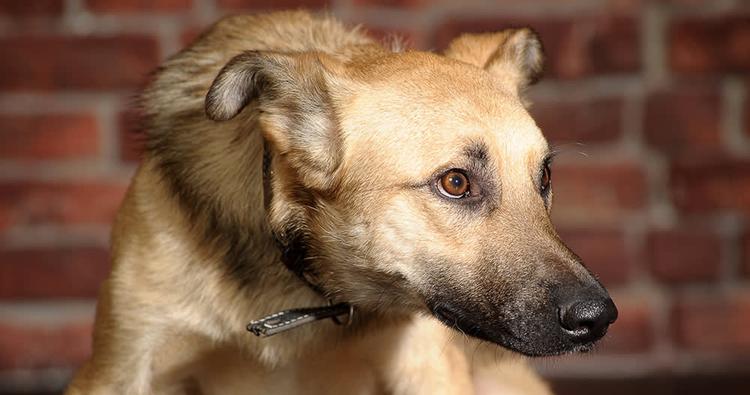by Adopt a Pet, | January 8, 2024

Karolina Grabowska / Kaboompics
Dogs may eat fast because they are competing with other dogs in the house for food, because they were once deprived of food, or simply because they get so excited at the thought of a meal that they can’t help themselves — but fast eating can cause serious problems. Bloat and choking are two examples, and both are potentially life threatening. That’s why finding a way to slow down your dog’s eating is more important than trying to figure out why they eat fast.
Helping Your Dog Slow Down
Fast eating isn’t isolated to particular breeds or ages — it occurs among all types of dogs. Unfortunately, bloat also occurs among all types of dogs, although it is more common among certain large breeds. Bloat is caused when a large amount of air is ingested with food, and that’s what happens when dogs inhale food too quickly.
Bloat could be fatal, but slowing your dog’s eating can prevent it. Some ways to help your dog stop inhaling their food include:
Slow Feeder Bowls or Food Puzzles: Slow feeder bowls divide the food into sections within the bowl while food puzzles have various nooks in which your pet must search for the food. Both are effective ways to slow down their eating.
Muffin Tins: This an inexpensive alternative to feeder bowls. Simply divide the food among the spaces on the tin to force your pet to eat more slowly.
Hand Feed: If you have time, hand feeding your pet is a great way to spend time with them and to ensure that they eat at a safe pace.
Whether you do or don’t figure out why your dog is eating fast, the next step is the same: try to prevent the behavior to protect your dog from bloat and other potential problems.

Adopt a Pet
Related articles

Behavior & Training
Will a Dog Eat Itself to Death?

Behavior & Training
What Happens When a Dog Eats Too Much?

Behavior & Training
Why Does My Dog Eat Lying Down?

Adoption Advice
Learn How To Feed A Dog: A Food Guide for New Dog Parents
Curious about how to feed your new dog? This guide will answer your questions.

Behavior & Training
Can I Feed My Dog Human Food Every Day?
Behavior & Training
How Do I Stop My Dog from Begging?

Behavior & Training
How Do I Stop My Dog From Eating Poop?

Adoption Advice
Adopting a Dog? Here’s What You Should Know About Food Aggression First
If your dog is intense about protecting their food, it’s important to address their behavior. Here’s how.


Behavior & Training
Can You Give a Dog Benadryl? Appropriate Benadryl Uses for Dogs

Behavior & Training
How to Stop Dog Aggression
Vivian Zottola, MSc, CBCC, has all the answers (not to mention helpful dog-training tips) to transform your unhappy pooch into a calm, content dog.